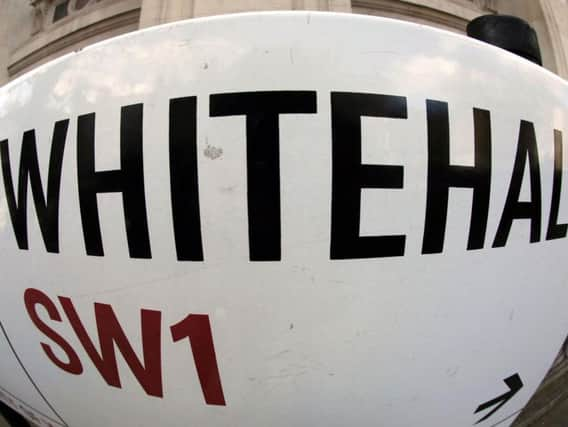Fall in number of regional civil servants despite nationwide increase in the ranks


It comes as a leading public sector union has called for an urgent meeting with the Government, to discuss the impact of no-deal planning on civil servants across the country.
Other news: Teenager locked up after taking knife to children's play area in WiganFigures released by the Cabinet Office show 2,090 people employed by the civil service in the north west of Manchester area, including Wigan, at the end of March: a decrease of five per cent compared to March 2016 – just before the referendum – when there were 2,190.
Advertisement
Hide AdAdvertisement
Hide AdCivil servants are those who work for government departments, agencies, and non-departmental public bodies, such as the Equality and Human Rights Commission. It does not include people who work for local councils, or in public bodies such as the police or NHS.
Civil servant numbers have soared across the UK since 2016, with more than 445,000 now employed: a rise of almost 27,000 in just three years, following a sustained decline prior to 2016.
A Cabinet Office spokesman said the increase could be for a number of reasons, with the cross-departmental nature of the civil service meaning it is difficult to determine if people had been recruited specifically for Brexit planning.
However, the Institute for Government think tank said recent trends in recruitment – particularly outside of London – showed signs of Brexit preparations.
Advertisement
Hide AdAdvertisement
Hide Ad“The largest increases in the first three months of 2019 were at the Home Office and HMRC – two large departments that are more evenly spread across the UK, which will be key in delivering changes to how the UK border operates after Brexit,” a spokesman said.
“This suggests that the focus of Brexit recruitment is starting to shift from policy to operations.”
The civil service headcount in the north west of Manchester had been falling prior to the Brexit vote. In 2015 it had stood at 2,350 before dropping to 2,190 in 2016.